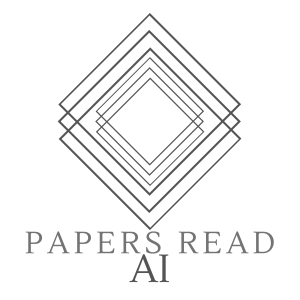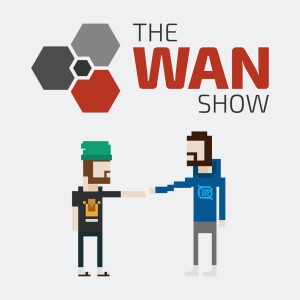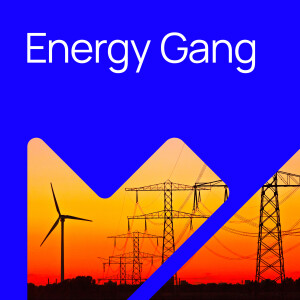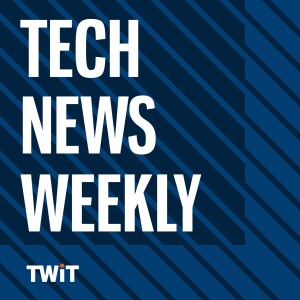

Papers Read on AI
Programming Is Hard - Or at Least It Used to Be: Educational Opportunities And Challenges of AI Code Generation
2022-12-13
The introductory programming sequence has been the focus of much research in computing education. The recent advent of several viable and freely-available AI-driven code generation tools present several immediate opportunities and challenges in this do-main. In this position paper we argue that the community needs to act quickly in deciding what possible opportunities can and should be leveraged and how, while also working on how to overcome or otherwise mitigate the possible challenges....
The introductory programming sequence has been the focus of much research in computing education. The recent advent of several viable and freely-available AI-driven code generation tools present several immediate opportunities and challenges in this do-main. In this position paper we argue that the community needs to act quickly in deciding what possible opportunities can and should be leveraged and how, while also working on how to overcome or otherwise mitigate the possible challenges. Assuming that the effec-tiveness and proliferation of these tools will continue to progress rapidly, without quick, deliberate, and concerted efforts, educators will lose advantage in helping shape what opportunities come to be, and what challenges will endure. With this paper we aim to seed this discussion within the computing education community.
2022: Brett A. Becker, Paul Denny, James Finnie-Ansley, Andrew Luxton-Reilly, J. Prather, E. Santos
https://arxiv.org/pdf/2212.01020v1.pdf
View more
Comments (3)
More Episodes
All Episodes>>Creat Yourt Podcast In Minutes
- Full-featured podcast site
- Unlimited storage and bandwidth
- Comprehensive podcast stats
- Distribute to Apple Podcasts, Spotify, and more
- Make money with your podcast
It is Free












